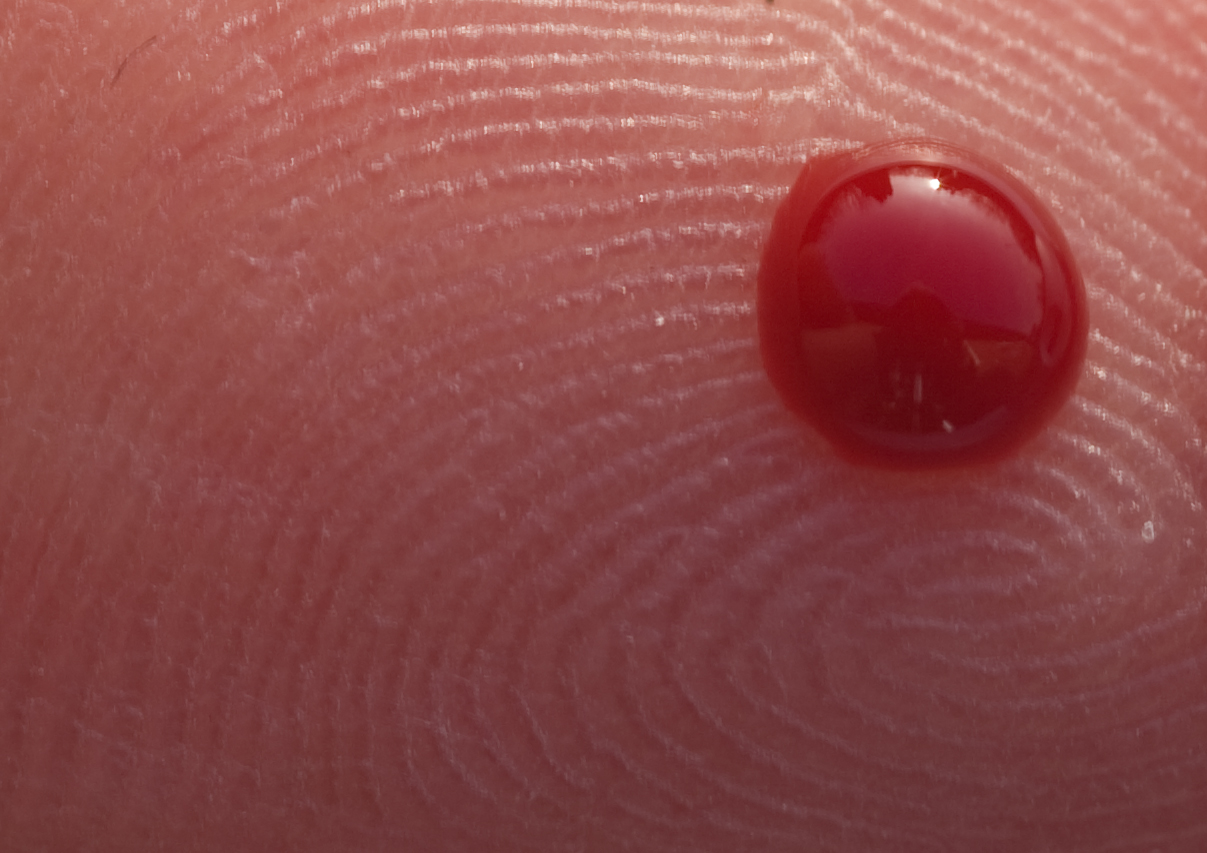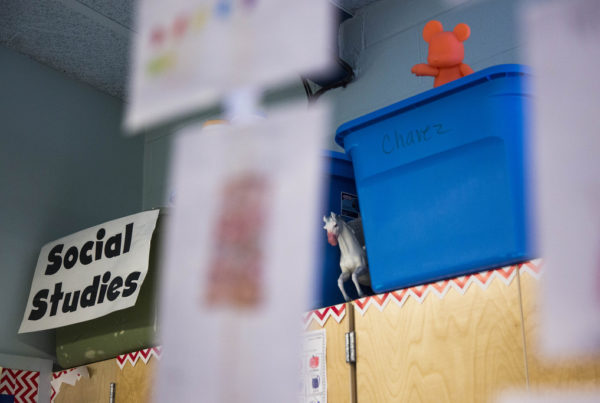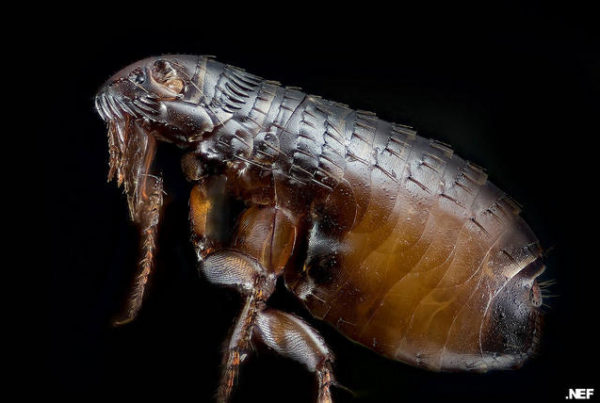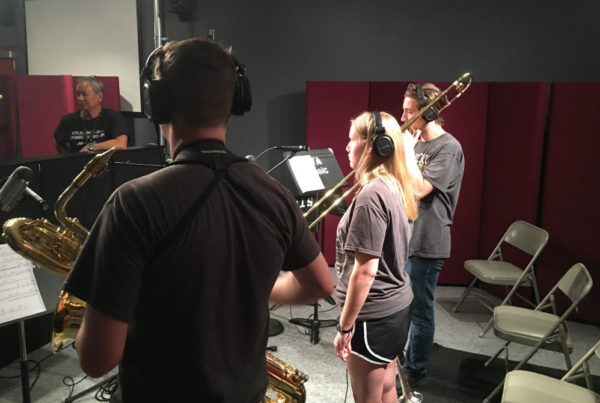In May, ProPublica and the New York Times Magazine profiled the case of Joe Brian, a Texas high school principal convicted of murdering his wife in 1985. That series, called “Blood Will Tell,” called into question the use of a forensic technique called blood-spatter analysis that was used against Brian, who has been in prison for over 30 years.
Now, the Texas Forensic Science Commission has released findings that raise similar concerns over the reliability of blood-spatter analysis. Pamela Colloff is the journalist who has been investigating this story.
“Joe Brian was a beloved High School principal in Clifton, Texas, which is about a half hour west of Waco,” Colloff says. “In 1985 his wife Mickey, who was also a beloved teacher in Clifton, was murdered in their home in bed. She was shot four times.”
Mr. Brian continues to insist that he was in Austin at a principal’s convention at the time of his wife’s death. Colloff says that there is ample evidence that he was in Austin in the days surrounding the crime.
“The critical piece of evidence–really the only significant piece of evidence in this case–was… a flashlight that was found in Mr. Brian’s car four days after the murder occurred,” Colloff says. “His car had been out of his control. His brother-in-law had borrowed it and his brother-in-law… discovered this flashlight that had… what appeared to be bloodstains on the flashlight.”
The prosecution brought in a bloodstain pattern analyst to analyze the crime scene. The analyst’s conclusion placed the flashlight in question at the scene of the crime, thereby implicating Mr. Brian.
In recent years, however, blood-spatter analysis has been subject to increasing criticism from forensic experts. Despite this, Colloff says the method is still very much in use today, and perhaps even more than it was in the 1980s, when Brian’s case was adjudicated.
“The expert witness in Mr. Brian’s case had 40 hours of training in this type of forensic discipline, which is not very much for something that is based in physics and advanced math,” Colloff says.
At a recent quarterly meeting of the Texas Forensic Science Commission, findings were released which said the so-called expert analysis provided in Mr. Brian’s case was not accurate or scientifically supported and was “entirely wrong.”
“[The commission is] going to be setting standards that will go into effect May 1 of next year,” Colloff says. “People testifying in cases around Texas have to have extensive training. They can’t have just 40 hours before they weigh in on something like this.”
















